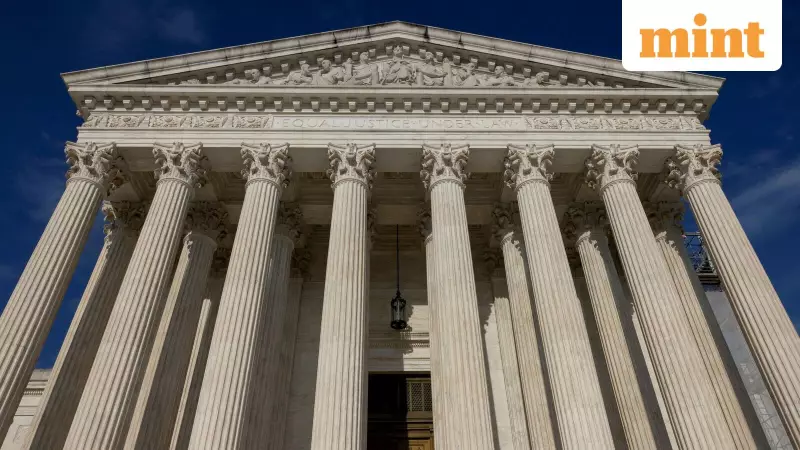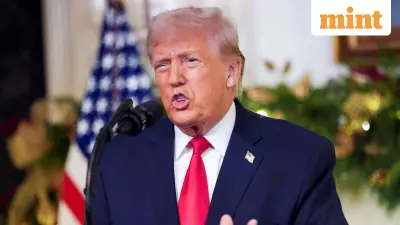
The United States Supreme Court has stepped into one of the most consequential trade battles of recent times, hearing arguments that challenge the very foundation of how America conducts international commerce. At the heart of this legal showdown lies a fundamental question: Did former President Donald Trump overstep his constitutional authority when he imposed sweeping tariffs on steel and aluminum imports?
The Constitutional Battle Over Trade Powers
This isn't just another trade dispute—it's a constitutional confrontation that pits presidential authority against congressional intent. The case centers on whether the Trump administration properly invoked Section 232 of the Trade Expansion Act of 1962, which allows tariffs for national security reasons.
Legal experts are watching closely as the court's decision could either reinforce presidential power in trade matters or impose significant constraints on how future administrations wield this economic weapon.
What's Really at Stake?
The implications extend far beyond the specific tariffs themselves. Here's what makes this case so pivotal:
- Presidential Power: A ruling against the administration could limit how broadly future presidents interpret national security in trade decisions
- Economic Consequences: Billions of dollars in trade relationships hang in the balance, affecting industries across the globe
- Legal Precedent: The decision will establish crucial boundaries for executive authority in international trade matters
- Global Trade Norms: Other nations are watching closely, as the outcome could influence how they structure their own trade defense mechanisms
The Human and Business Impact
Behind the legal arguments and constitutional questions lie real-world consequences for American businesses and consumers. Manufacturers who rely on imported steel and aluminum have faced significantly higher costs, while domestic producers have enjoyed protection from foreign competition.
The tariffs triggered retaliatory measures from trading partners, creating a complex web of trade barriers that affected everything from agricultural exports to consumer goods pricing.
Why This Case Matters for India
For Indian readers and businesses, this Supreme Court decision carries particular significance. India has been directly affected by US tariff policies and has implemented its own countermeasures. The ruling could:
- Shape future US-India trade negotiations
- Influence how both countries approach national security in trade contexts
- Set precedents that might affect ongoing WTO disputes
- Impact Indian companies operating in or exporting to the United States
As the Supreme Court deliberates, the global business community holds its breath. The outcome could either reinforce the strong executive model of trade policy that characterized the Trump era or return significant authority to Congress, potentially changing how America engages with the world economically for decades to come.





